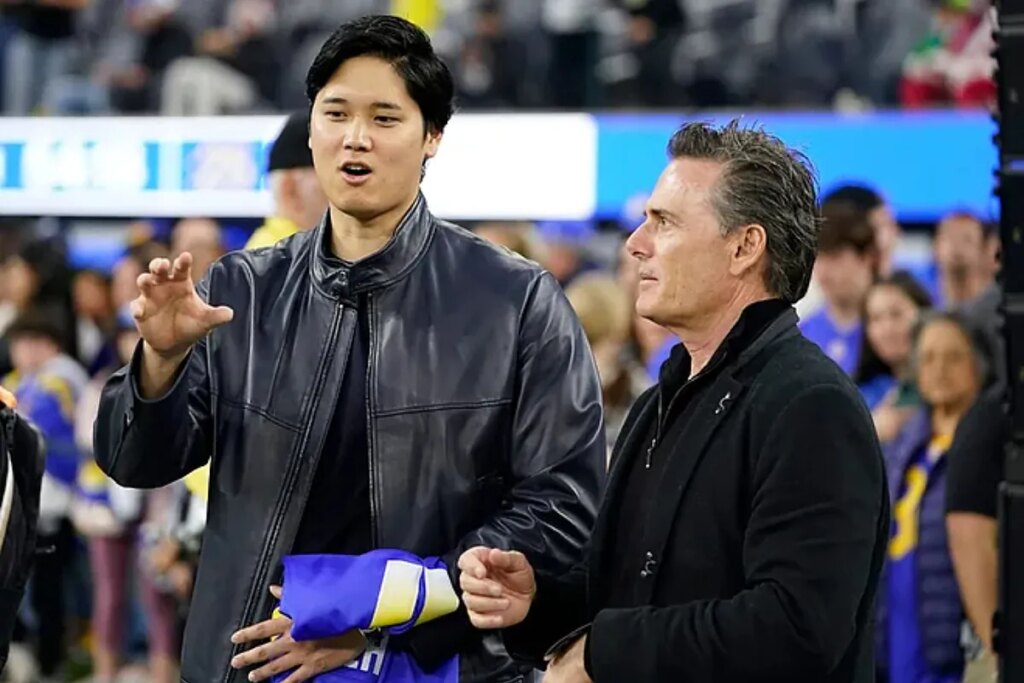Los Angeles Dodgers star Shohei Ohtani has taken new legal steps along with his agent, Nez Balelo, to dismiss a lawsuit linking them to the alleged obstruction of a $240 million real estate development on the Hapuna coast of Hawaii. The accusation, filed by Kevin J. Jayes Sr. and Tomoko Matsumoto, alleges that both men abused their influence to sabotage a luxury project at the Mauna Kea Resort, following contractual disagreements.
According to the plaintiffs, the use of Ohtani’s name, image and likeness had been previously authorized to promote the resort. However, the player’s legal team claims that the terms were violated and that his image was used without consent to advertise a parallel website unrelated to the initial agreement. The defense argues that this constitutes undue exploitation of the Japanese star’s fame.
Shohei Ohtani lawsuit: what he is accused of and why they are seeking $240 million
The promoters of the real estate project accuse Ohtani and Balelo of tortious interference and unjust enrichment, claiming that their actions frustrated key deals and scared off potential investors. The lawsuit claims that by publicly rejecting the use of Ohtani’s name, they caused significant damage to the development’s image and commercial viability.
Ohtani’s team was quick to respond, vehemently denying any wrongdoing and arguing that the plaintiffs sought to take advantage of the player’s public figure without offering adequate compensation. Kingsbarn Realty Capital, a firm involved in the development, also dismissed the allegations, calling them “frivolous and without merit,” supporting the defense’s stance.
Shohei Ohtani protects his brand: freedom of speech and image rights at stake
The defense argues that Nez Balelo acted at all times within his rights in raising objections to the unauthorized use of Ohtani’s image.His warnings to take legal action, according to court documents, are protected by free speech and represent a legitimate attempt to protect the athlete’s personal brand.
This case underlines a key point in Ohtani’s career: his name now represents not only sporting talent, but a global brand. In an era where athletes’ image is as valuable as their performance on the field, control of those rights becomes essential. For Ohtani, this is not just a legal battle, it is a clear message that his name is not exploited without his consent.
Read the full article here

